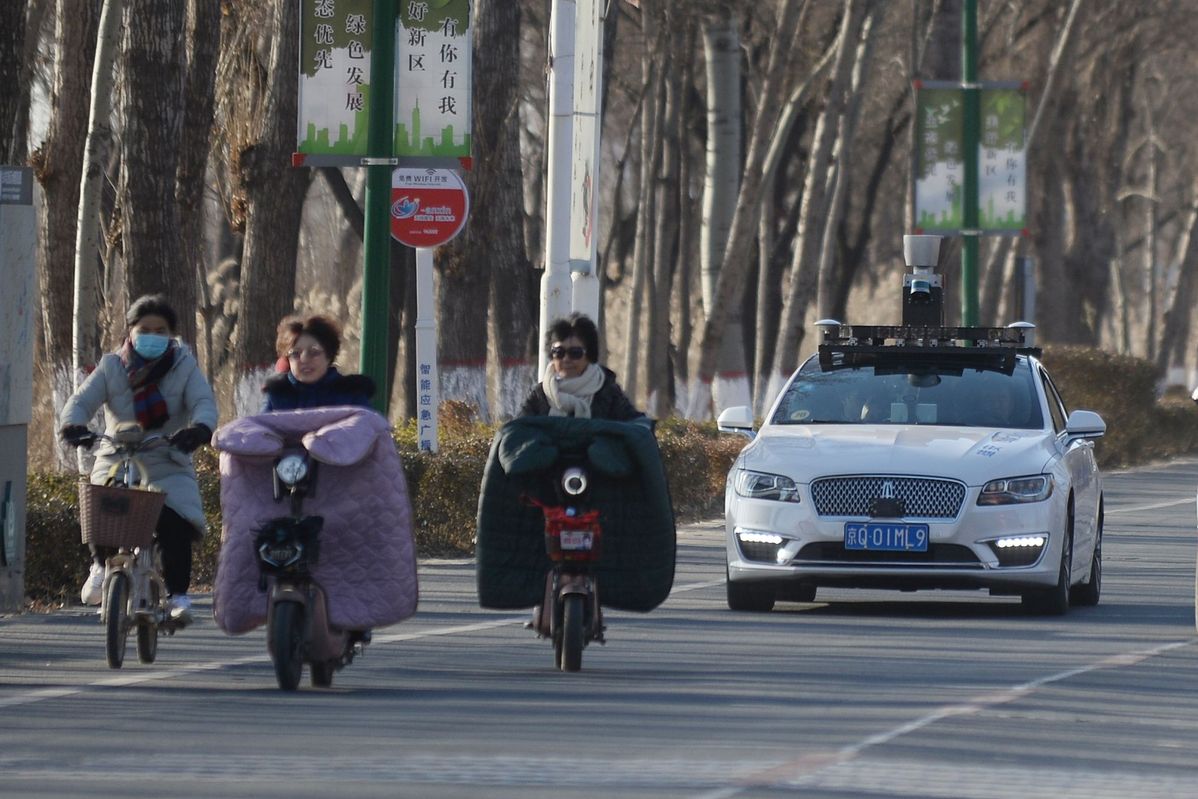China becoming focus of global automobile sector

China's automotive market is likely to remain the primary source of growth for the global industry in the foreseeable future, with self-driving cars gaining more market share, research indicates.
The country's auto market rebounded in 2016 from an earlier period of slow growth, with 22.8 million cars sold, according to a report by global management consulting firm McKinsey & Co.
Although sales are expected to increase by a relatively modest 5 percent every year through 2022, this will nonetheless equal 53 percent of total growth in the global market, the report said.
"In other words, one out of every three new cars sold in the world will be sold in China. The United States and European markets, by contrast, will either stagnate or contract during this period," it said.
"China will remain a must-win market for car brands in the foreseeable future," said Paul Gao, senior partner and head of McKinsey's automotive practice in Asia. "As Chinese consumers continue to become more sophisticated, automakers must reinvent their success formulas to surprise and delight them."
It's estimated that the number of self-driving cars in China, the United States and EU-the three primary markets-will reach about 81 million by 2030, according to a report by global consulting firm Strategy&.
China would own more than 40 percent, the largest share among those markets, it said.
Those vehicles would be either level four or level five autonomous. Level four self-driving cars have the capabilities of handling most driving situations themselves, whereas those in level five cover complete automation in any condition.
The bold prediction was backed by Chinese consumers' optimistic attitudes towards the disruptive technologies.
In China, more than 60 percent of survey respondents believe their families will be riding in autonomous cars in the future, compared with 43 percent in the United States, and 31 percent in Germany, McKinsey's report found.
"More tech savvy and sophisticated, today's auto buyers demand more digital features and are increasingly unhappy with the traditional dealer experience," said Wouter Baan, associate partner at McKinsey.
"The emergence of this more demanding segment of car buyers is reshaping the car industry," Baan said.
When it comes to operating an autonomous vehicle fleet, many respondents have preference for parties outside of the traditional automotive industry, according to one of McKinsey's surveys.
One-third of respondents say car original equipment manufacturers enjoy the best positioning, while 26 percent and 15 percent prefer the government or new mobility players respectively.

